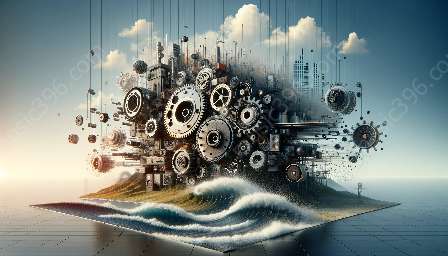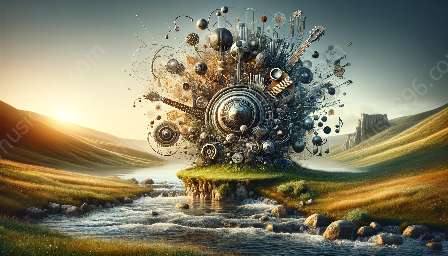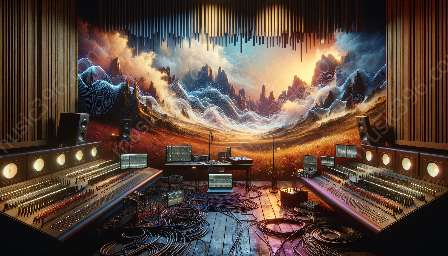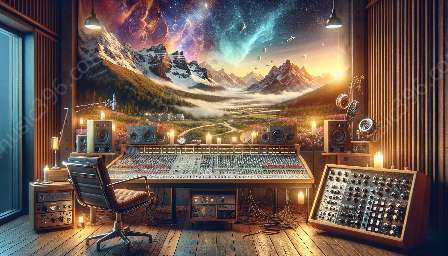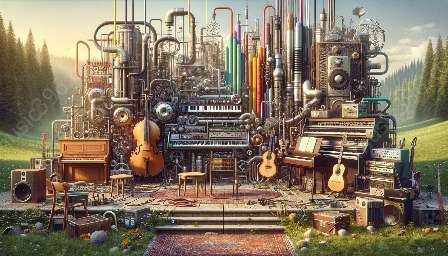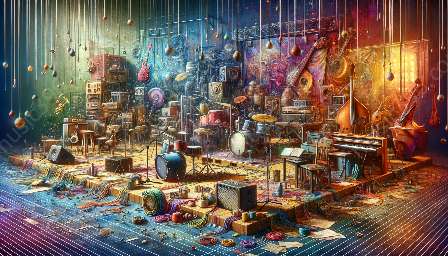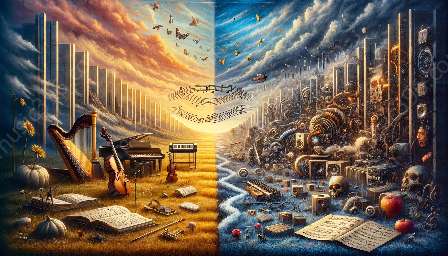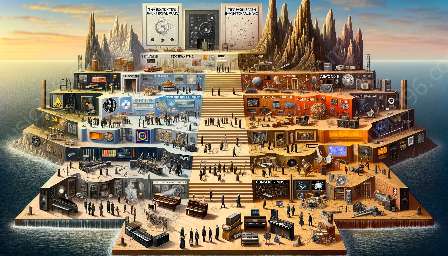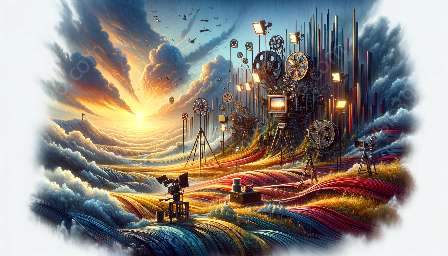Experimental music is a genre known for pushing boundaries and defying conventions. As a result, protecting the intellectual property (IP) of experimental music presents unique challenges, especially in the context of evolving rights and ownership dynamics within the experimental and industrial music scene.
The Nature of Experimental Music
Before delving into the challenges of protecting intellectual property in experimental music, it's essential to understand the nature of the genre. Experimental music encompasses a wide range of unconventional and innovative sounds, often involving non-traditional instruments, electronic manipulation, and avant-garde compositions. This inherent experimentation gives rise to complexities in safeguarding the IP of such creations.
Rights and Ownership in Experimental Music
One of the primary challenges in protecting intellectual property in experimental music lies in navigating the rights and ownership landscape within the genre. Collaborative and collective efforts are common in experimental and industrial music, blurring the lines of individual ownership and complicating the identification of rightful creators and contributors.
In addition, the use of sampling and sound collage techniques further complicates the determination of ownership and originality. As experimental music often incorporates existing sounds and reimagines them in new contexts, the task of recognizing and attributing intellectual property becomes even more intricate.
Legal Frameworks and Ambiguities
Existing legal frameworks and intellectual property laws, particularly copyright and fair use doctrines, may struggle to adequately address the unique challenges posed by experimental music. The abstract and boundary-pushing nature of the genre can create ambiguities when attempting to establish and enforce clear rights and protections.
Furthermore, as the digital landscape continues to shape the distribution and consumption of music, issues such as unauthorized sampling, remixes, and derivative works further complicate the traditional understanding of intellectual property rights in experimental music.
Technological Advancements and Enforcement
Advancements in technology have contributed both to the creation and dissemination of experimental music and to the challenges of protecting its intellectual property. Digital production tools, online platforms, and file-sharing networks have revolutionized the way experimental music is produced, shared, and consumed.
As a result, enforcing intellectual property rights becomes increasingly complex in the digital age, with issues of piracy, unauthorized distribution, and digital rights management posing significant hurdles for creators and rights holders in the experimental music sphere.
Safeguarding Creative Freedom
While addressing the challenges of protecting intellectual property in experimental music, it is crucial to balance the need for legal protections with the imperative of preserving creative freedom within the genre. Finding a middle ground that respects the rights of creators while allowing for innovative expression and collaborative experimentation is a delicate yet essential pursuit.
Future Considerations and Adaptations
Looking ahead, as the experimental and industrial music landscape continues to evolve, adapting legal frameworks, rights management practices, and technological solutions will be vital in overcoming the challenges of protecting intellectual property. Collaboration between stakeholders, including artists, legal experts, and industry professionals, will be pivotal in shaping a sustainable and equitable future for intellectual property in experimental music.
In conclusion, the unique nature of experimental music presents a myriad of challenges when it comes to protecting intellectual property. Navigating the dynamic rights and ownership dynamics, addressing legal ambiguities, grappling with technological advancements, and safeguarding creative freedom are all integral aspects of the ongoing discourse surrounding intellectual property in the experimental music genre.







